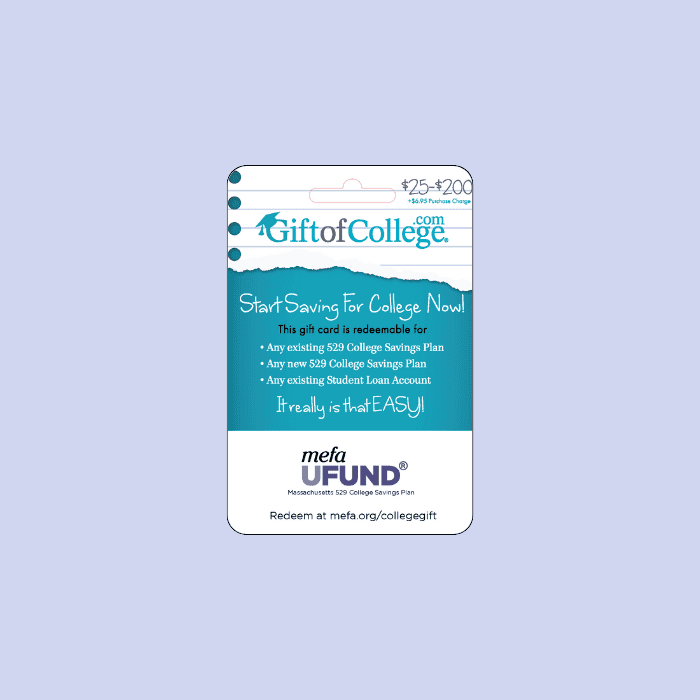I’d like to address some common questions I receive from students and parents about scholarships, including:
“How and when do I report private scholarships?”
“How do private scholarships fit into the financial aid process?”
“How are private scholarships treated by the financial aid office?”
Reporting private scholarships
First, do not report a scholarship on your financial aid applications until you have officially received it. Once you do receive the scholarship, most colleges will ask that you let them know. Colleges ask for this information because they need to abide by federal financial aid regulations, which limit the amount of financial aid a student may receive.
Fitting scholarships into the financial aid offer
Most financial aid offices will work with you to maximize your eligibility for private scholarships. Customarily, this is how the college will fit your scholarships into your financial aid package:
- If you have a gap between your eligibility for financial aid and your offered financial aid, which is known as unmet need, your scholarship can be added to your financial aid offer to reduce your family’s cost. This is what happens most often with smaller private scholarships. You can contact the financial aid office to find out your financial aid eligibility.
- If you are receiving a financial aid package that includes need-based aid and meets your financial aid eligibility, and you therefore have no unmet need, you can ask the financial aid office to reduce certain elements of your financial aid package, such as subsidized loans or federal work-study, to make room for your private scholarship.
- If you have received a financial aid package that includes need-based aid and meets your financial aid eligibility, and your scholarships exceed your subsidized loans and federal work-study, the college may need to reduce some institutional grant or scholarship offered. In my experience these cases are not as common, however if you find yourself in this situation, talk with the financial aid office to work out the most beneficial adjustment to your offer.
- If your financial aid package only includes merit-based aid, you may receive scholarships in addition to your financial aid up to the total cost of attendance at your college.
Since policies may differ at different institutions, a great question to ask the financial aid offices when visiting campuses is simply “What is your policy on private (also known as outside) scholarships?”
MEFA shares information about scholarships in our emails and on our website, so stay connected to us by signing up for our emails and following us on Facebook, X (formerly Twitter), Instagram, and LinkedIn.









